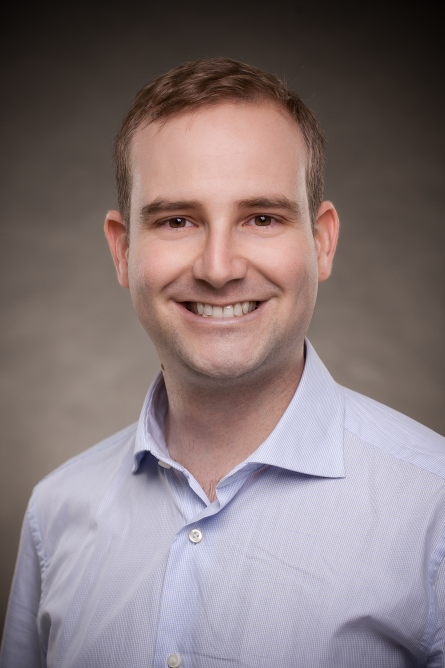Blog post: My new role at the Society for Spanish Researchers in the UK
Dr Antonio de la Vega de Leon

Last week I became the secretary of the Society of Spanish Researchers in the UK (SRUK) and I am excited for the role (and a bit overwhelmed). I first met members of the Society shortly after I came to the UK in 2016, thanks to a science outreach event they had organised at the University of Sheffield. Since then, I became more involved with them, helping organise science outreach events throughout Yorkshire and making many friends. Before taking the role of general secretary, I was the secretary of the Yorkshire constituency for two years.
The Society has given me much over the years. My first research supervisory experience was with Elisa, an undergraduate student from Madrid that stayed with us at the iSchool for the summer funded through a SRUK mobility programme. I had the chance to visit the Spanish Embassy for the Emerging Talent Award they organise. I have also gained experience of international collaboration building, helping the Society establish a general mobility scheme for PhD students and researchers between Spanish and British universities.
As SRUK secretary, I want to help the society that has helped me so much. I will be supporting the board of directors as we navigate a very tough period between the current pandemic and the repercussions from Brexit. However, we have high hopes to become a bridge between researchers in Spain and UK and foster international collaborations between the two countries.
The Society has given me much over the years. My first research supervisory experience was with Elisa, an undergraduate student from Madrid that stayed with us at the iSchool for the summer funded through a SRUK mobility programme. I had the chance to visit the Spanish Embassy for the Emerging Talent Award they organise. I have also gained experience of international collaboration building, helping the Society establish a general mobility scheme for PhD students and researchers between Spanish and British universities.
As SRUK secretary, I want to help the society that has helped me so much. I will be supporting the board of directors as we navigate a very tough period between the current pandemic and the repercussions from Brexit. However, we have high hopes to become a bridge between researchers in Spain and UK and foster international collaborations between the two countries.
Comments